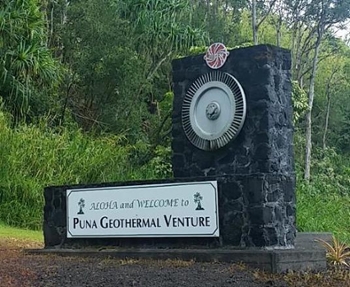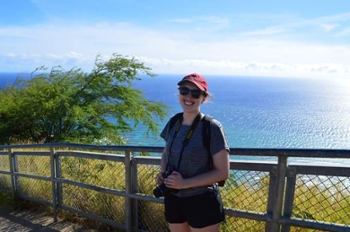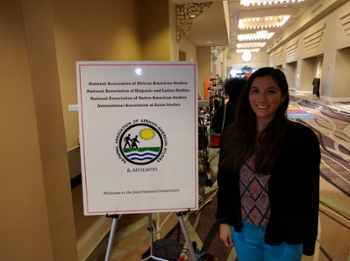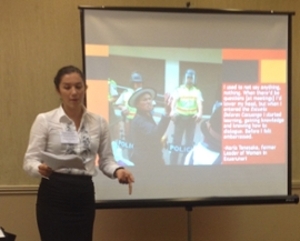
While geothermal is a promising form of sustainable energy, there are hidden health risks, cultural incompatibilities, and other scientific unknowns. As a highly volcanic island chain, Hawai'i is primed for geothermal energy production, but elements of Native Hawaiian spirituality (such as a deep reverence for the Earth) has often clashed with scientific advancement. Because geothermal power plants require bore holes to be drilled and large plants to be constructed, there is strong opposition what is seem as a major violation of sacred land, also stemming from lack of communication and trust between scientists and the public. Conflicts have played out through legal battles and protests not just for geothermal energy and the construction of astronomical telescopes on Mauna Kea.
During the four days spent in Hilo, Dietrich visited the Puna Geothermal Venture Plant, Hawai'i Volcanoes National Park, the Onizuka Center for International Astronomy at Mauna Kea, and the 'Imiloa Astronomy Center of Hawai’i. Although they are different disciplines, astronomy has been the center stage of past conflicts with Native Hawaiian beliefs. This project focused on the prioritization of certain scientific knowledge over others, while also delving deep into how science and religion, which are often assumed to conflict, can coexist.


